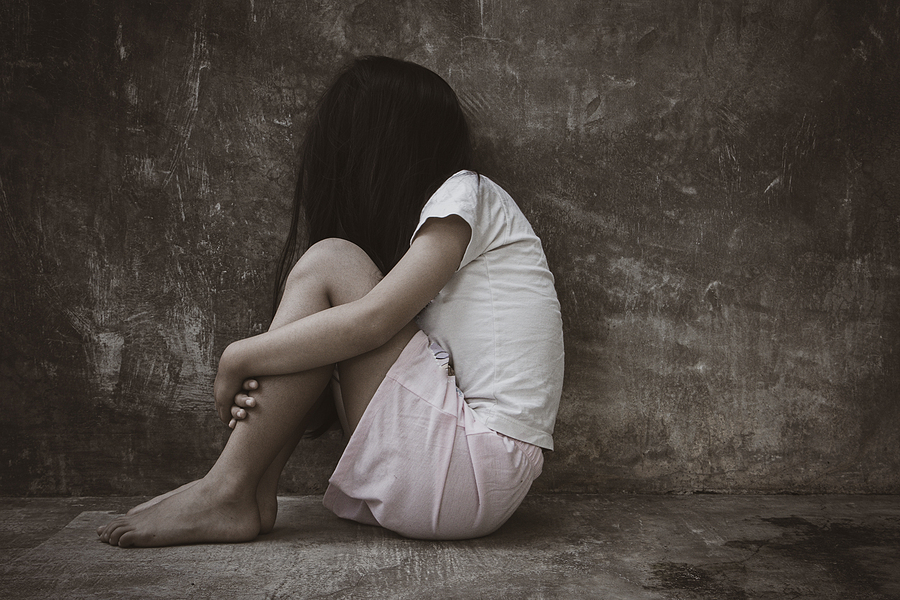“You can sell a drug once, but you can sell a child over and over and over again,” said Chantee Vernille with Familylinks. “Please tell your friends and your neighbors that this is something happening in every ZIP code.”
Vernille spoke to the state Senate Policy Majority Committee’s hearing on human trafficking last week. Pennsylvania is considering new laws and increased spending to address the problem.
“It is a multibillion-dollar industry thriving on the vulnerability of its victims, perpetuating the cycle of suffering,” said committee chair Sen. Dan Laughlin (R-Erie). “More than 27 million people around the world endure the appalling abuse of human trafficking and forced labor, including thousands of people right here in the United States. It is a threat to global security, public safety, and human dignity.”
Various forms include sexual exploitation, forced labor, involuntary servitude, and child exploitation, he said.
“Due to the clandestine nature of human trafficking, many cases go unreported,” Laughlin said. January is Human Trafficking Prevention Month.
Senate President Pro Tempore Kim Ward (R-Westmoreland) said, “The trafficking is horrendous. It is horrible. Women and children mainly. Labor and sexual.” One of her bills signed into law last year puts traffickers on the Megan’s List registry. Pennsylvania is the first state to take that step.
She called on the legislature “to get some really strong laws passed. Because if we don’t, who is going to protect these people?”
Executive Deputy Attorney General Michele Kelly Walsh and Chief Deputy Attorney General Heather Castellino both testified before the committee. Castellino is in charge of the new Human Trafficking Section launched by Attorney General Michelle Henry to “address and bolster statewide efforts to effectively investigate and prosecute human trafficking cases and facilitate assistance for victims.”
There were 341 Pennsylvania victims or survivors of sexual trafficking who contacted the human trafficking hotline in 2021. Some 192 cases were identified, with 315 victims. Those cases included 153 sex trafficking cases, 18 forced labor cases, and eight sex and labor trafficking cases.
The victims included 129 adults, 42 minors, 154 females and 27 males. Typical venues for sex trafficking were illicit massage/spa businesses and residence-based commercial sex.
Walsh said the Attorney General’s Office has been prosecuting these cases for more than a decade. But more resources are needed because the cases are “not short term. They require trained investigators, trained prosecutors, and they require time.”
“These cases are not what you see in Hollywood,” she said. “These traffickers prey upon the vulnerable among us, typically young females.”
Victims struggle with drug addiction, homelessness, poverty, and low self-esteem. “They are chosen by these predators for a reason,” said Walsh.
Fred Woodard, director of investigations with Asservo Project, said, “A year ago, we had a young boy taken from his home in the middle of the night and driven halfway across the country.”
A predator groomed the boy through a chatroom on Discord. The Asservo Project is pioneering the use of AI facial recognition to track trafficking victims, he said.
Sidney McCoy, director of advocacy at Shared Hope International, said the group has analyzed legislation and policies in the states, and in 2023, Pennsylvania scored a ‘D.’ The “unjust criminalization” of survivors needs to stop, she said. “We will not simply prosecute our way out of this issue.”
Pennsylvania is one of 30 states that prohibit charging minors for prostitution, acknowledging that “no child engages in commercial sex by choice.”
Victims are sometimes forced into other crimes by their captors, she said. And “vulnerabilities do not end at 18.” She said she believes protection from prosecution needs to be extended to adult victims.
Brad Ortenzi, Zoe International’s regional director, said it had implemented prevention and awareness strategies in Berks and Lancaster Counties along with the district attorney offices. They train people at various agencies to identify victims of human trafficking and to prevent it. They have also taught people at hospitals, hotels, and at homeless shelters.
They match vulnerable children with a Zoe advocate for mentorship for “relational-based prevention.”
“Rarely does a child disclose they’re being trafficked,” he said.
Women who are recently released from prison are vulnerable to traffickers, he said. Zoe has developed a program to educate female inmates about the danger of being recruited into the sex trade once they are released.
John McKown with Truckers Against Trafficking said there are 3 million truck drivers in the U.S. In Pennsylvania, 170,000 truckers have been trained in “what to look for and how to report this horrible crime.”
“Before I was trained, I probably missed an opportunity or two,” he said. “I was in a rest area in Chillicothe, Ohio, taking my hours, and I had this young girl, about 16 years old, knock on my door and ask if I wanted a date. I really didn’t understand. Back then, you thought, ‘Why in the world would somebody be out there at this time of night.’ But now you know. I’m almost positive that she was being trafficked, and I didn’t do anything about it because I didn’t know.”
“Don’t have your head down, look around. If you see something that doesn’t look right, make that call. Call 911 and report this stuff. It does make a difference. Human trafficking is the greatest human rights violation of our time, and traffickers count on apathy and ignorance,” he said.
“I cannot overstate the depravity the victims of human trafficking endure,” Walsh told the committee. “The scourge of human trafficking is prolific across the commonwealth. The victims, they’re mothers, they’re daughters, there are some former military individuals, there are teachers. They could be anybody.”
The National Human Trafficking Hotline is 888-373-7888.

